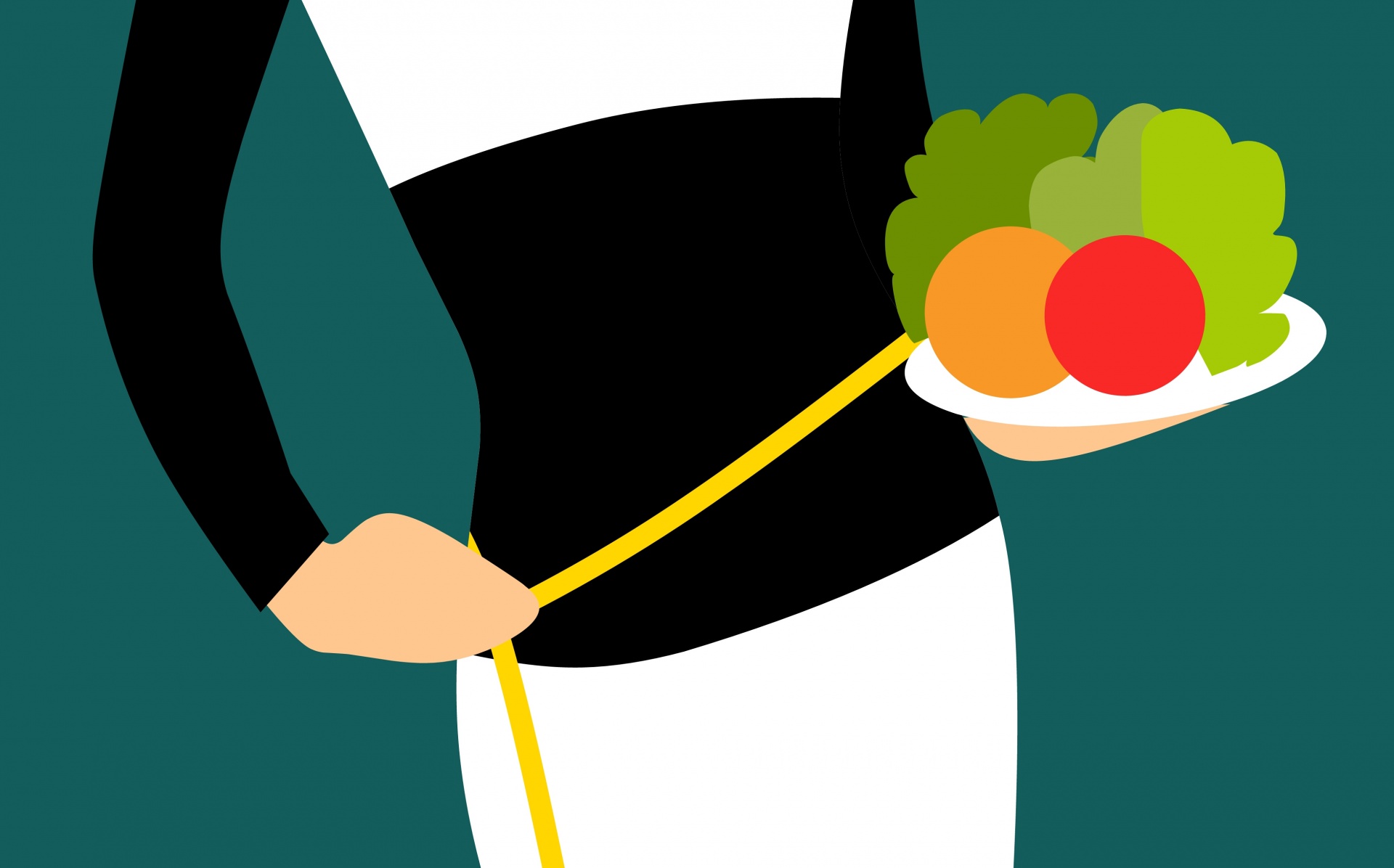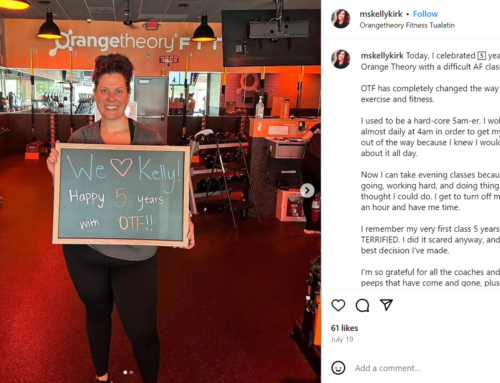Golden rules
It’s clear that there are many things that change from an age. However, the basic principles of successful weight loss are always the same, no matter how old you are. Before you take weight loss steps, it’s a good idea to go over the basics:
– You need to eat less: it doesn’t matter if all you eat is grilled chicken, rice and broccoli. If you don’t reduce the amount of portions, you’ll never lose weight. Each person’s caloric needs are different, but overall, according to the World Health Organization, the necessary calories are 2,000 to 2,500 Kcal/day for men and 1,500 to 2,000 for women, so about 400 or 500 should be reduced, recommended by Frances Largerman-Roth, nutrition expert and author of ‘Eat by Colors’.
You should try to lose from half to a kilo per week: making a fast diet can be encouraging but doing it gradually and at a normal pace is more sustainable and beneficial, as this will build a healthy habit (such as exercising and eating more vegetables) that will help you stay thinner in the long run.
-Skipping meals is bad! When you skip breakfast or dinner, you’re confusing your body and it doesn’t burn the calories it should. it also increases your blood sugar chances, so you eat more carbohydrates and sugars, says Cederquist.
Rethink your meals
Keep carbohydrates under control, especially refined ones. This can help combat age-related insulin resistance and promote stable blood sugar levels. Adding protein in your diet can also help. “Not only will it prevent age-related muscle loss, but it also keeps your metabolism active because the body has a harder time digesting and has to work harder,” says Cederquist. The amount of each nutrient each time you eat it, it’s also important to:
– Fruits and vegetables: should be half your meal. They are rich in fiber and water, which will make you full fast without adding too many calories to your diet.
– Lean protein: the right portion fits in the palm of your hand. Yogurt, eggs, chicken, and fish are a good source of it.
– Carbohydrates: maximum one handful. Whole grains, beans, fresh fruits and starchy vegetables are good options.
– Healthy fats: can add up quickly when you’re trying to lose weight, so it’s worth measuring them first. 7 to 10 grams for each meal: one tablespoon of olive oil, a quarter of avocado or two tablespoons of nuts.
Eating more but fewer calories
When someone has insulin resistance, that is, a low sensitivity to it, the cells and liver do not react. The result can be catastrophic. Blood sugar keeps rising, and the pancreas continues to produce more. Over time, it takes more and more more for cells to react, so the system breaks down and the body that produces it stops doing so sufficiently to lower sugar levels.
Dividing food into three meals will make your sugar levels stable and take away your desire to peck between them. Dishes with vegetables and fruits will make you feel more satiated.
Be picky with the treats
Unfortunately you can’t eat burgers and chocolate like when you were 20. But still, you can still enjoy your favorite meals. You may only need to keep them for when you can’t resist. Think carefully about what really satisfies you and don’t peck at anything with a bag of potatoes or a bun. If you end up doing it, at least savor every bite and help yourself make it as small a serving as possible.
Each person is different and the goals depend on what you want to lose. So you need to find out what really works for you. “Some do very well by removing about 200 calories a day a couple of them a week, but others need to do it all,” Cerdequist says. One thing to keep in mind is alcohol, don’t drop everything you’ve achieved overboard and when you drink consider it as a gift: “You could drink about four glasses of wine a week and still lose weight,” explains Lagerman-Roth. You have to decide whether to have a drink over dinner or an ounce of chocolate at dessert. A matter of priorities.
Move more
It is clear that dieting is a very important part of weight loss, but it is very difficult to do so only with diet from 40-50, when hormones, such as testosterone, tend to decrease. As a result, muscle mass drops noticeably, along with the number of calories your body burns during exercise, which rush into a dive.
Be honest
It can be hard at first. Being over 40 doesn’t mean you have to cut out certain foods to stay thin, unless you know that food will hinder your goal. “If eating a bite of chocolate will make you eat the whole tablet, you know that eating just a little is not good for you,” says the specialist.
If you think it can happen to you, it’s best to put them aside altogether, but don’t see it as a ban, think it’s a positive choice. Consider the strategies that work best and evaluate what you do each year. If your progress stagnates, you should reconsider further changes in your diet or exercise plan. “Our bodies are a challenge,” Concludes Largerman-Roth.




